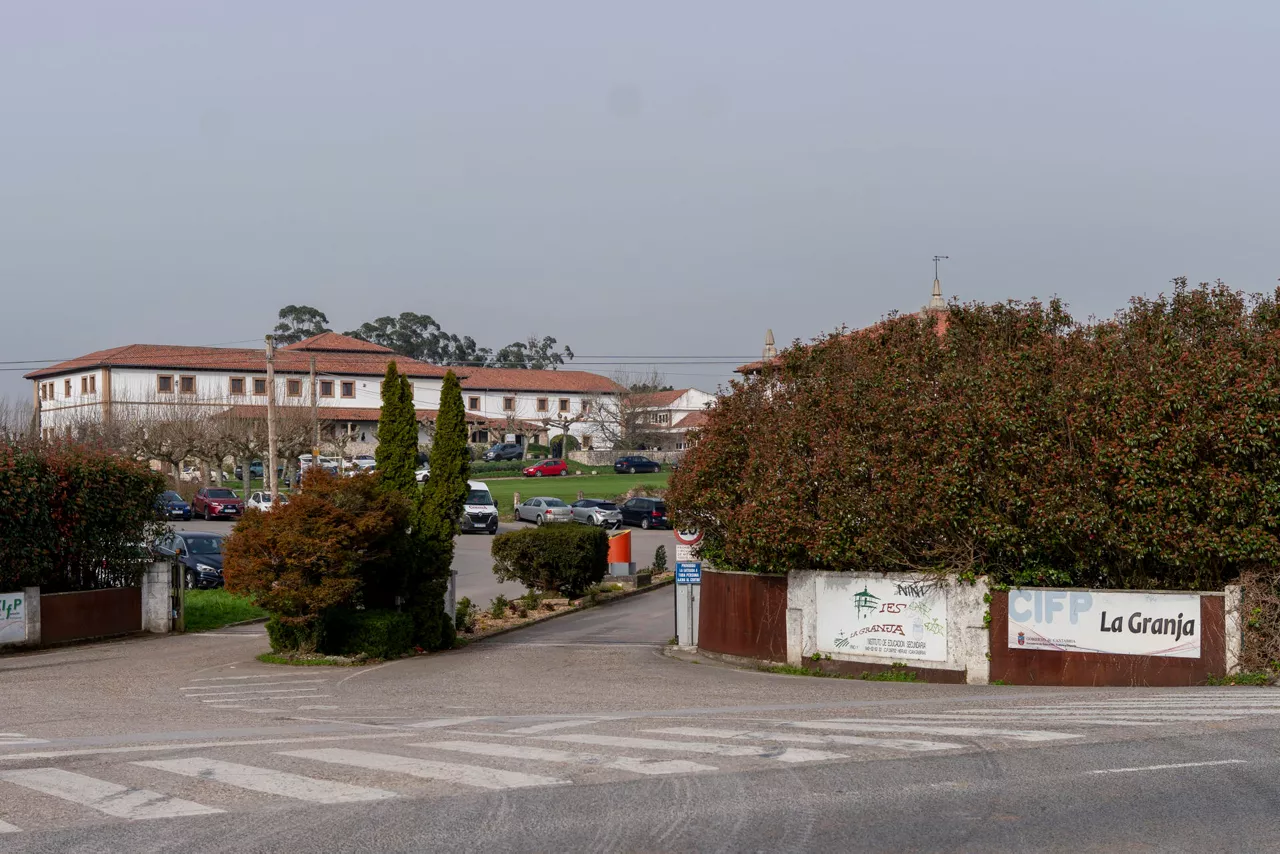Joxe Azurmendi, a philosopher and thinker, died at the age of 84
Jakin highlights that "you have left us a great thought. We will continue to work on it, as you have always asked of us, without deifying you (or anyone), but recognizing teachers." This historical journal stresses that Azurmendi's thinking was fundamental to the renewal and promotion of the Basque Euskera and Basque culture in the 1960s and 1970s.

Joxe Azurmendi.
Zegamarra thinker and philosopher Joxe Azurmendi died in San Sebastian on Tuesday at the age of 84, according to Jakin magazine .
Jakinstresses that "you have left us a great thought. We will continue to work on it, as you have always asked of us, without deifying you (or anyone), but recognizing the teachers." This historical journal stresses, in a note published today, that Azurmendi's thought was fundamental to the renewal and promotion of the Basque Euskera and Basque culture in the 1960s and 1970s. "
The philosopher began his intellectual career in the Franciscans of Aránzazu and in the 1960s moved to Germany, where he studied philosophy, and alsoto Rome , where he studied theology, to return to the Basque Country after Francoism.
In the 1980s he left the Franciscans and began working as a professor at the University of the Basque Country (UPV/EHU) . Until his death he was an emeritus professor at the Faculty of Philosophy of San Sebastian .
Jakin aldizkaria
The philosopher who has thought for the Basques of his time and his future is gone
In 2010 he was appointed honorary academic of Euskaltzaindia and in 2012 he received the Eusko Ikaskuntza-Humanities, Culture, Arts and Social Sciences Award .
With 'History, Race, Nation' won the Basque Country Literature Award in 2015 for the best essay in Basque.
In addition, in 2018, the Provincial Council of Gipuzkoa awarded him the Gold Medal of that territory. He received it along with the other promoters of the magazine Jakin, but was unable to attend the event.
Short biography
Azurmendi, known as Asurmendi (19 March 1941, Zegama), published his first articles in 1960, Jakin and Anaitasuna-That same year he began working on Bitoriano Gandiaga's poem 'Elorri' (1962).
During those years he worked as a collaborator and assistant director of Jakin , as a typist, among others. In 1964 he became a priest and in 1965 he moved to Rome to study theology.
In 1966 he moved to Germany, where he spent twelve years collaborating with Jakin, Zeruko Argia eta Anaitasuna–\u00A0, and with Jose Luis Alvarez Txillardegi and other leftist thinkers he worked on texts on Marxism for young people in the Basque Country.
Azurmendi published 'Green Words' and 'Language, Ethnicity and Marxism' in 1971, with poems written in the 1960s.
In those years he also prepared the book 'Kolakowski' (1972) and participated in the first courses organized by the UEU in 1973. In 1975 he published the book 'Man is a pure animal' and between 1973 and 1977 taught language and literature at the MunsterNational College.
In 1976, after the death of dictator Francisco Franco, he returned to the Basque Country for a few months and joined Jakin Taldea Joan Mari Torrealdai, Joseba Intxausti and Paulo Agirrebaltzategi.
You might like

The Basque Government offers assistance to the families of the people killed in Santander
The Ertzaintza has alerted the families to the death of three young Basques: two 19-year-old girls from Barakaldo and a 21-year-old boy from Balmaseda.

Osakidetza will begin screening for the human papilloma virus for women over 30 years of age
The pilot project will begin in Donostialdea and Tolosaldea and then extend to all of Gipuzkoa, including Álava and Bizkaia.

The victims were students from La Granja de Heras, a reference centre for agricultural and environmental training
The victims of the tragedy participated in the cycle of Senior Technician in Animal Husbandry and Animal Health Care, a center that prepares students to manage livestock farms and collaborate with veterinary teams.

What do we know about the Santander accident?
The circumstances of the accident on Tuesday afternoon at the El Bocal Coast Pass in Santander, one of which collapsed and killed five people, including three Basques.

A girl from Elvillar (Álava) remains in the intensive care unit as a result of the accident in Santander
The young man, from Elvillar, is in serious condition at the Marqués de Valdecilla University Hospital.

Two young men from Barakaldo and one from Balmaseda, among those killed in the Santander accident
According to the Government Delegation in Cantabria, the five deceased are two 19-year-old girls from Barakaldo (Bizkaia), a 21-year-old boy from Balmaseda (Bizkaia), another 22-year-old from Igollo de Camargo (Cantabria) and another from Almería (20), while the girl who has been hospitalized since yesterday is from Elvillar (Álava).

Will there be supply problems at the gas stations in the Basque Country? No cause for alarm, according to service stations
More cars have been running gas stations in the last few days and there have been some supply problems.

News: The decisive night in Anoeta, the conflict in the Middle East and the appearance in Paris of the body of a Tolosarra
A summary, in two words, of what will be news today in the Present.

This year's song of the march, "Hiri Kiribili Bil", has been presented
The ikastola Kirikiño of Bilbao has organized this year's festival for the ikastolas of Bizkaia, composed and performed by Aiora Renteria (Zea Mays), Unai Madariaga (Ezez) and the trio Txopet.
Traffic jams on the Rontegi Bridge, Getxo sense, due to a slight accident
They've had to cut a lane, and they're causing trouble at one of the main access points on the right.

